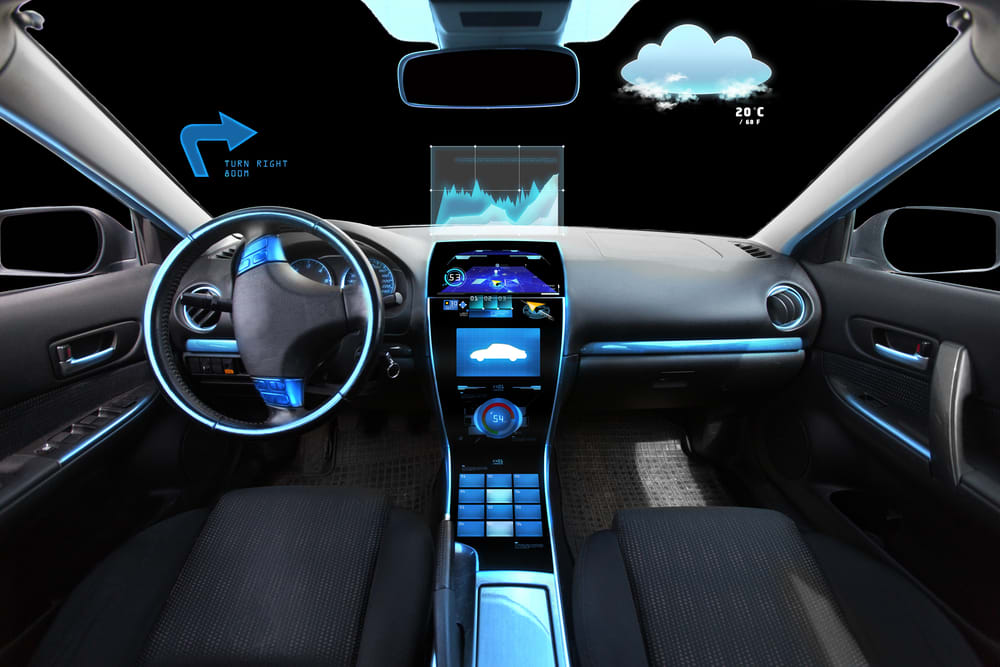

Every week we compile recent industry news and interesting reads that shouldn’t be missed. Here’s the digest for September 3rd to September 9th.
Honda looking into X-ray technology on new cars
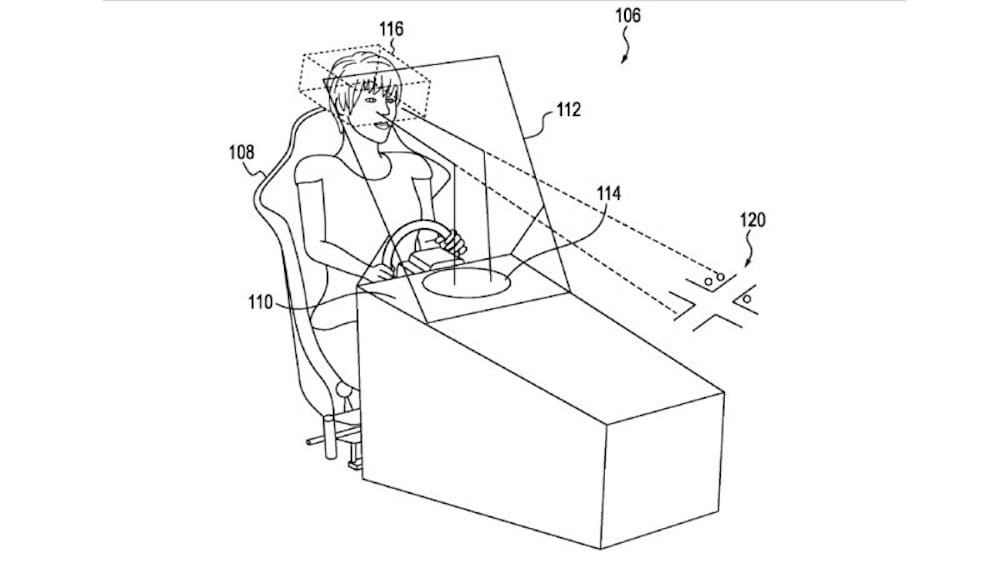
Honda recently submitted new patent applications indicating that they are working on a new pedestrian detection system. While the idea of a pedestrian detection system itself is nothing new, displaying the location of pedestrians on an augmented reality heads up display (HUD), including pedestrians out of the driver’s line of sight. Honda has experimented with advanced forms of pedestrian detection before, but such a system would be an industry first.
Variable speed supercharger presented as viable solution to engine downsizing

Forced induction has long been used to increase power output on lower displacement engines, allowing them to become viable replacements in applications which would usually require higher displacement engines. The most common application is turbocharging, but a new V-Charge variable drive supercharger developed by Torotrak is being pitched as a better alternative, allowing for instant low end power that turbocharger systems lack, while maintaining the higher efficiency and power outputs they are known for.
More information about the variable drive supercharger can be found over at Green Car Congress.
Continental pursuing programming key capabilities into smartphones
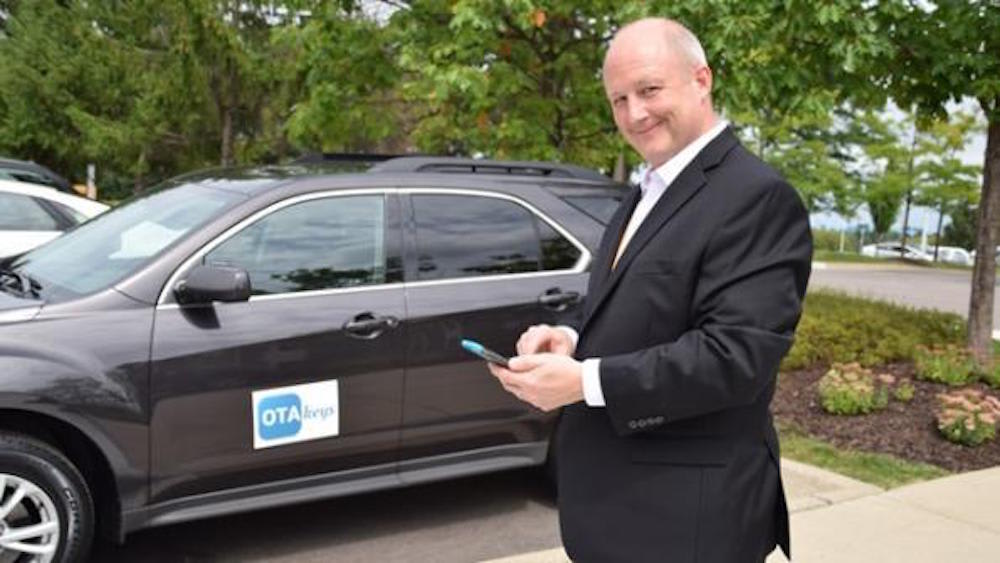
Your smartphone can already do just about anything you want it now, and if Continental gets their way, it will replace your car key altogether– provided your car uses a keyless fob system to to open the doors and start the engine. Although the key fob isn’t going anywhere immediately, Continental is experimenting with how to make phones communicate with a car. This would allow you to complete all the functions your key fob does, even if it’s nowhere to be found.
Read more about Continental’s new plan over at Wards Auto.
Artificial intelligence not likely to turn your car into an evil robot
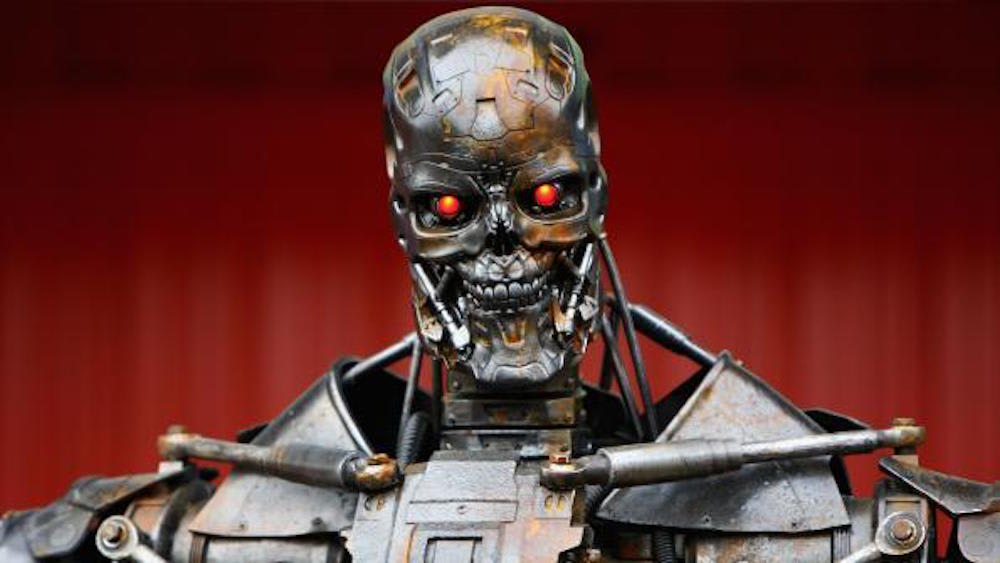
Since the inception of artificial intelligence, human beings have had a small, underlying fear that the very systems we create will one day become smarter than us and take over the world. The closer we get to having cars that are completely connected and totally autonomous, the more people become concerned that the age of AI is coming upon us.
A panel of vehicle technology experts has spoken up to assure us that there is no risk of this happening. These AI systems are designed and limited to only learn specific, individual tasks better than humans, such as detecting pedestrians and road hazards. Anything else that they aren't programmed for is outside their abilities.
Learn more about future vehicle AI advancement, expectations, and limitations over at Wards Auto.
Drew Technologies release new remote assisted J2534 tool
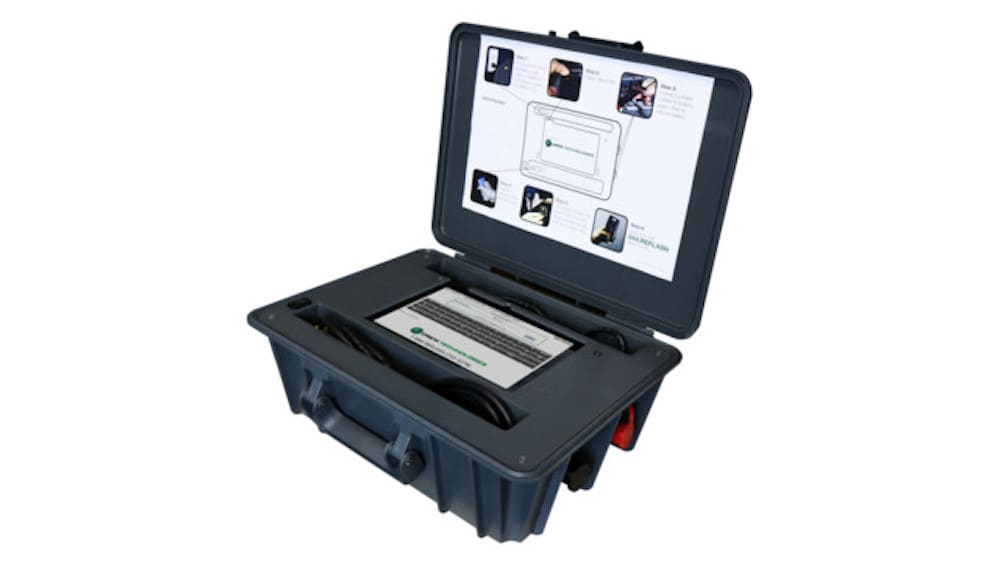
For shops and technicians apprehensive about purchasing or using a J2534 tool for updating, reprogramming, or replacing electronic control modules and parts, Drew Technologies, the leader in this field, has released a new tool to relieve these fears. Their new RAP (remote assisted programming) kit offers a 100% guaranteed success rate for flashing modules and parts, by allowing the technician to simply plug in the tool and provide power, while Drew Technologies remotely takes care of everything else. The system is available with no up front costs on a pay-per-use basis. Currently the system only covers Ford and GM, though new makes will be continuously added.
Learn more about this promising new tool over at Vehicle Service Pros.



